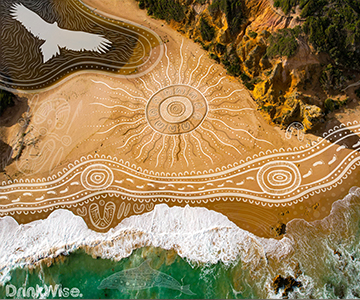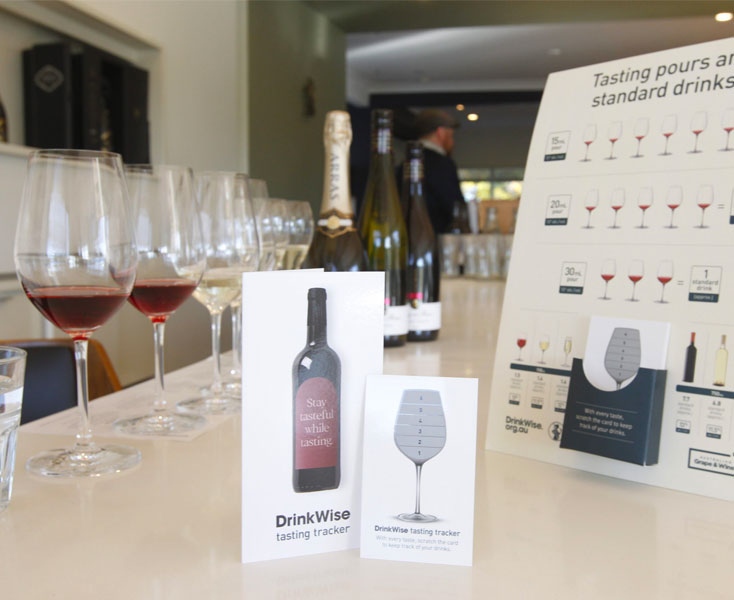Fetal Alcohol Spectrum Disorder (FASD) Awareness Program

The DrinkWise Fetal Alcohol Spectrum Disorder (FASD) Awareness Program aims to create greater awareness among Australians that FASD is 100% preventable.
It’s a reminder to Australians about the importance of not drinking alcohol when planning a pregnancy or when pregnant – and that it’s safest not to drink alcohol when breastfeeding.
We recognise that rates of abstinence in pregnancy have improved over the past decade but there’s still more work to be done and ongoing education is critical, which is why DrinkWise works with experts from the medical industry and well-known parents and parents-to-be to help spread this important health message.
International Fetal Alcohol Spectrum Disorder (FASD) Awareness Day – Tuesday 9 September 2025
Obstetrician Dr Phillipa (Pip) Costley and seven-time Olympic medallist and mum-of-five Libby Trickett have lent their voices to the 2025 DrinkWise FASD Awareness campaign. It’s a reminder to mums, mums-to-be and their support networks (partners, friends and family) that FASD is 100% preventable by abstaining from alcohol when pregnant or planning a pregnancy – and that it’s safest not to drink alcohol when breastfeeding.
Obstetrician, Royal Women’s Hospital Director of Training and mum of four, Dr Philippa Costley advises parents, parents-to-be and their support networks the same thing that she teaches future obstetricians at the Royal Women’s Hospital: not drinking alcohol during your pregnancy journey is the safest option for your baby.
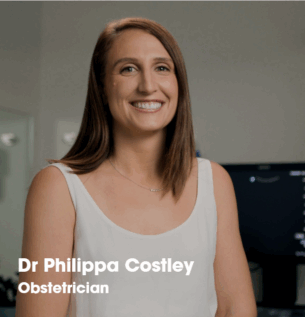
“FASD is a permanent neurological condition but it is 100% preventable if alcohol is not consumed when trying for a baby, during pregnancy and when breastfeeding. Prenatal exposure to alcohol can reduce fetal brain size and damage regions of the baby’s brain that are critical for learning, memory, behaviour, language and decision-making.
“As an obstetrician who trains the next generation of specialists at the Royal Women’s Hospital, I give the same advice to parents, parents-to-be and my trainees
“Abstaining from alcohol during your pregnancy journey gives babies the best possible start in life. Partners, family, and friends have an important role in supporting these choices, helping to create an environment where healthy decisions are encouraged and celebrated.
“That’s why ongoing education and awareness are so important,” said Dr Costley.
Seven-time Olympic medallist and mother to five children Libby Trickett knows that the right preparation can make all the difference. That’s why she made the choice not to drink alcohol when she was planning her pregnancies, when pregnant and when breastfeeding. Now, she is using her voice to raise awareness and support other women in making healthy choices from the very start of their pregnancy journeys.

“Throughout my swimming career, I learned the importance of preparation to give yourself the best chance to succeed – and motherhood is no different. I’ve always known the risks of drinking during pregnancy, but having my fifth child has reminded me just how important those early choices are for the futures of our little ones,” says Trickett.
“Fetal Alcohol Spectrum Disorder, which can have a lifelong impact on a child’s health and development, is entirely preventable. This campaign is about reminding Australians that the safest choice when planning a pregnancy, during pregnancy and while breastfeeding is to avoid alcohol completely. It’s a simple decision but one that can help give your baby a healthy start, so I’m proud to be part of campaign that raises awareness about making healthy choices during pregnancies.”
Dr Sarah Jane Springer a proud Wiradjuri woman, GP-obstetrician and mum to a two-year-old, is also lending her voice to help raise awareness that FASD is not just an issue for women in general, but for everyone – men, partners, friends and family.
For over two decades, Dr Springer has been caring for women and babies across rural and remote Australia, bringing not only medical expertise but also a deep respect for community, culture and continuity of care. She knows that supporting mothers to stay healthy during pregnancy is critical, not just for babies, but for the wellbeing of families and communities.
“FASD is permanent, but the good news is it’s 100% preventable if alcohol is avoided when trying for baby, during pregnancy and while breastfeeding. Even small amounts of alcohol can affect a bub’s brain — the parts that help with learning, memory, behaviour, language and making decisions.
“My advice to parents, parents-to-be and their support networks — and this includes partners, uncles, brothers, dads — is simple: don’t drink alcohol when planning a pregnancy, while pregnant, or when breastfeeding.
“This DrinkWise FASD campaign matters because it shares these messages in a way that feels culturally safe and relatable, with role models like Deb Mailman helping mob see themselves reflected. Keeping this yarn going is so important, because the more we talk about it, the more we can protect our next generation.” concluded Dr Springer.
Aboriginal actor, Deb Mailman continues to lend her voice to amplify the important FASD message.
The commercial Deb made about FASD is being aired on the Indigenous Imparja television network.
“As a mum, the health and wellbeing of my kids is the most important thing to me. I didn’t drink alcohol while I was pregnant because of the risks of FASD,” said Deb.
13YARN National Manager Aunty Marjorie Anderson is helping to raise awareness and understanding of FASD to reduce shame and stigma.
“Raising awareness and educating people about FASD while reducing stigma and shame is vital. It’s important that our mob understand the risks of drinking alcohol during pregnancy and know where to find support. We want everyone in our community to feel confident reaching out for help when they need it. That’s why 13YARN is here to provide a safe, culturally respectful space for a yarn about any challenges, worries or questions, free from judgement,” added Aunty Marj.
If you or someone you know is an Aboriginal or Torres Strait Islander and are feeling overwhelmed or having difficulty coping, call 13YARN on 13 92 76 or visit 13yarn.org.au.
Backed by Research
As an evidence-based organisation, DrinkWise relies on key independent research and clinical advice to underpin our campaigns and programs.
The Australian guidelines to reduce health risks from drinking alcohol (‘the Guidelines’) from the National Health and Medical Research Council (NHMRC) advise that to prevent harm from alcohol to their unborn child, women who are pregnant or planning a pregnancy should not drink alcohol. For women who are breastfeeding, not drinking alcohol is safest for their baby.

To test attitudinal and behaviour changes about abstaining from alcohol when planning a pregnancy, during a pregnancy or while breastfeeding, DrinkWise commissioned new research in 2025. Some of the key new findings from the 2025 research include:



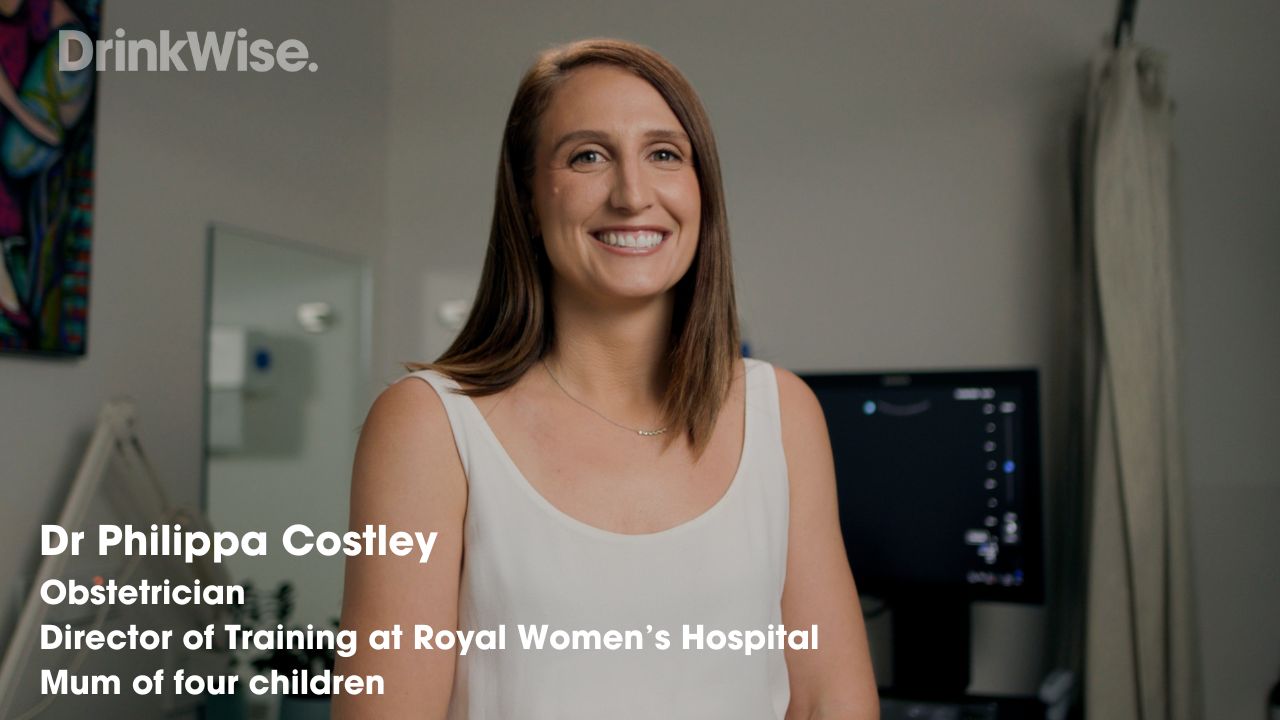
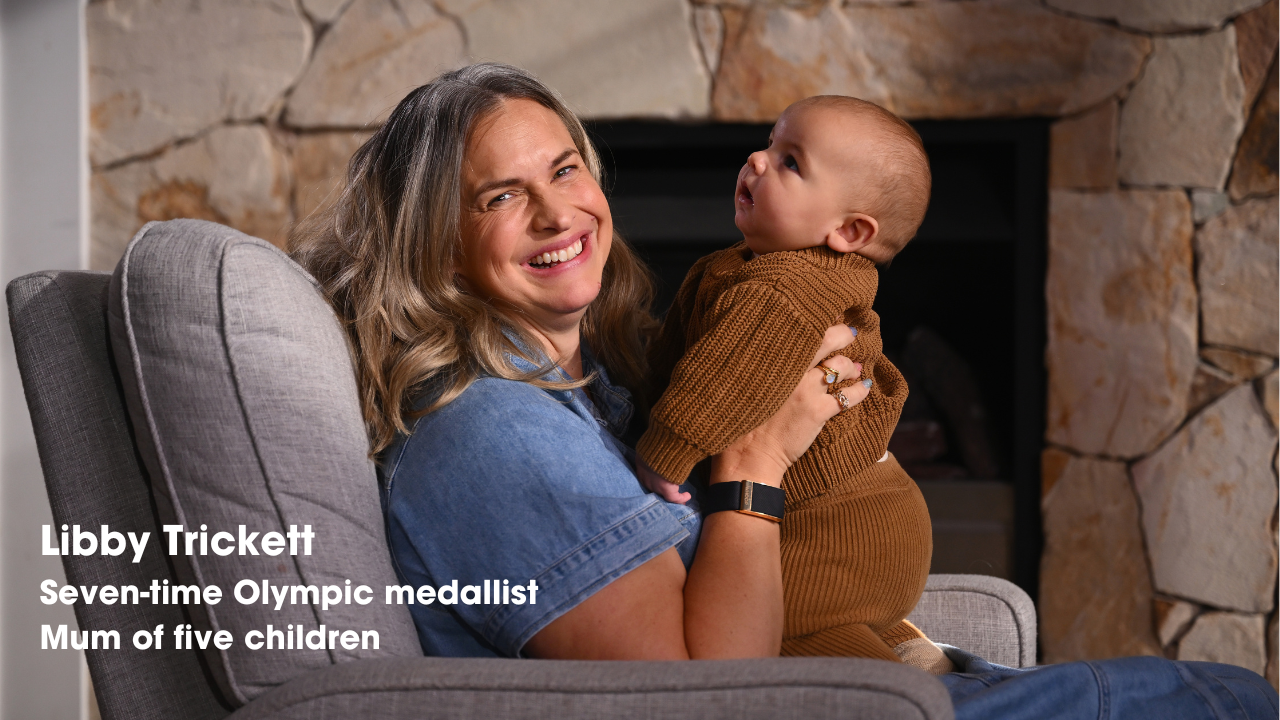
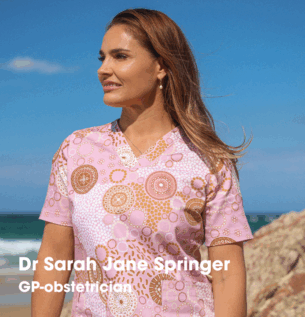
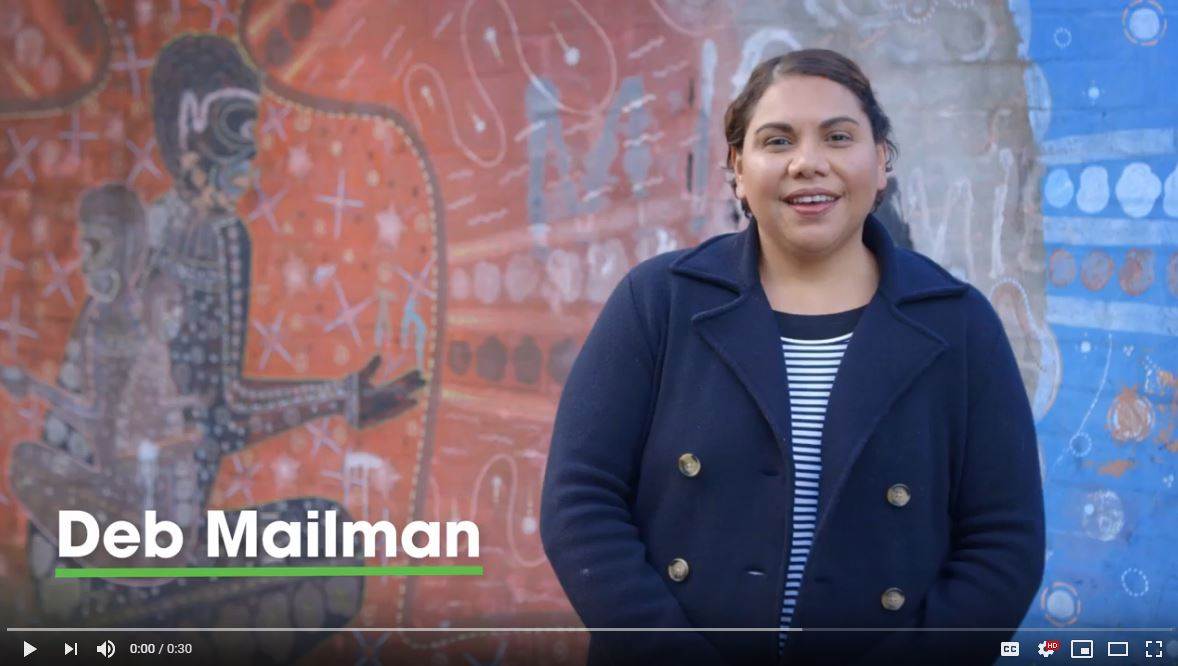
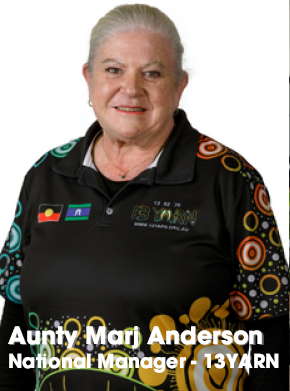


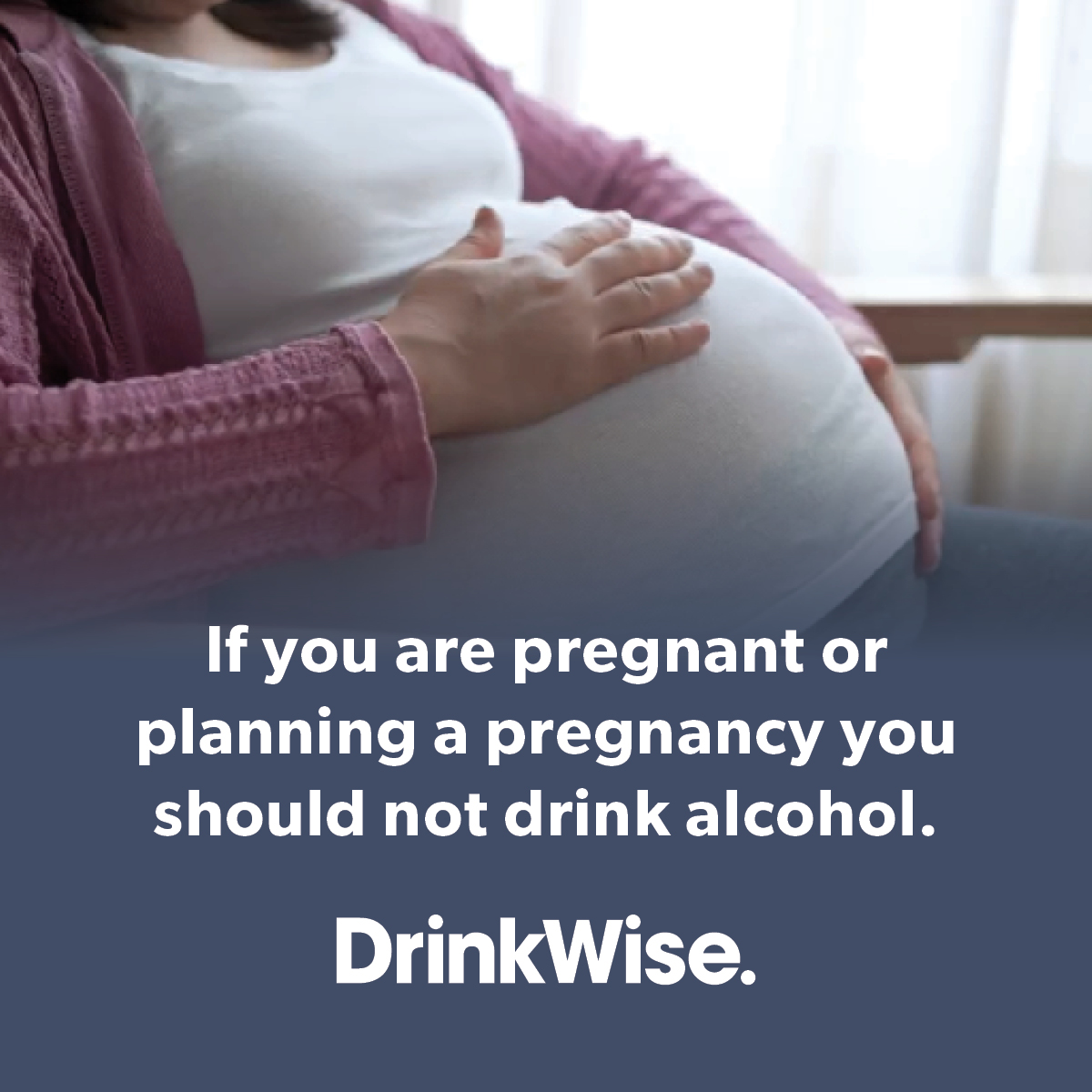
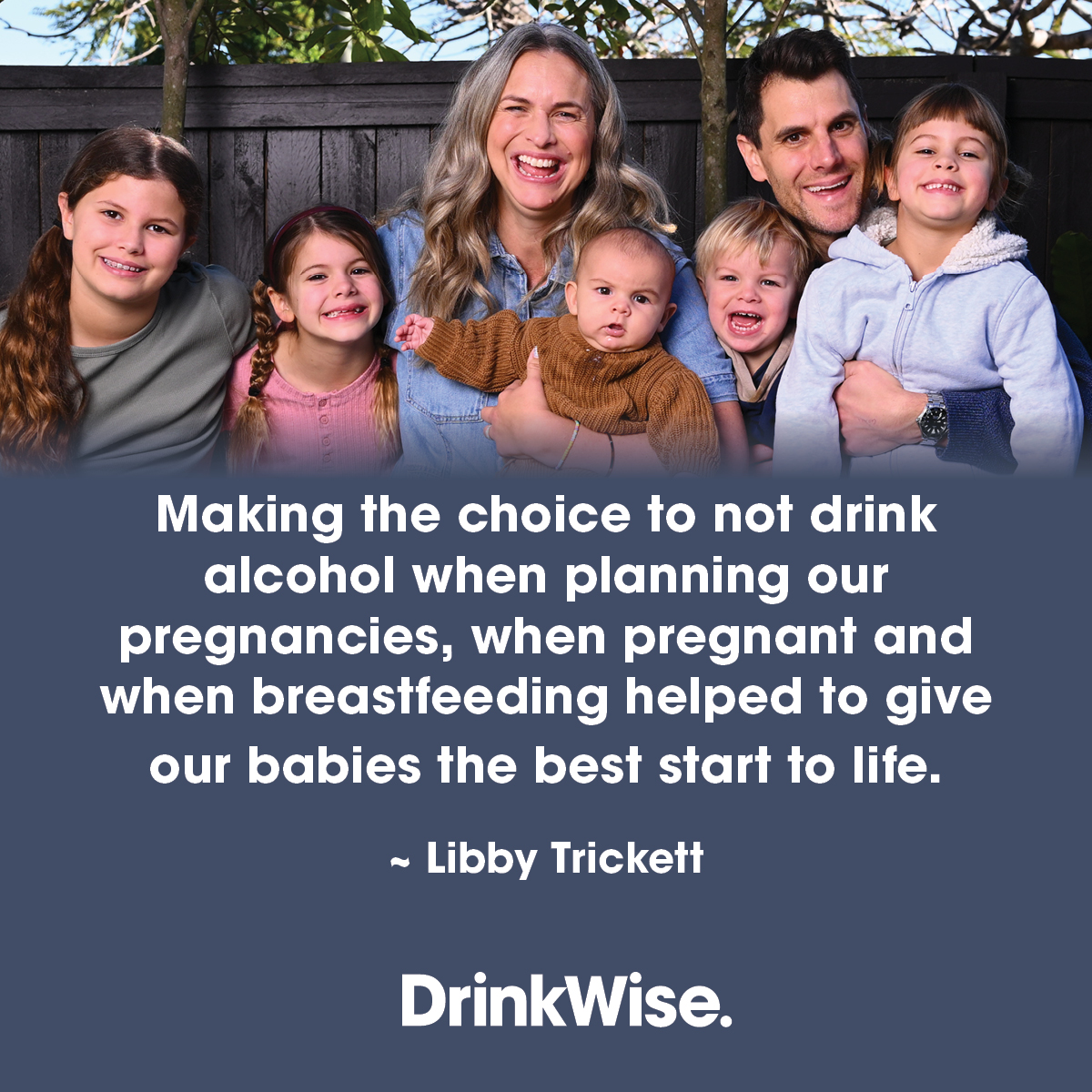
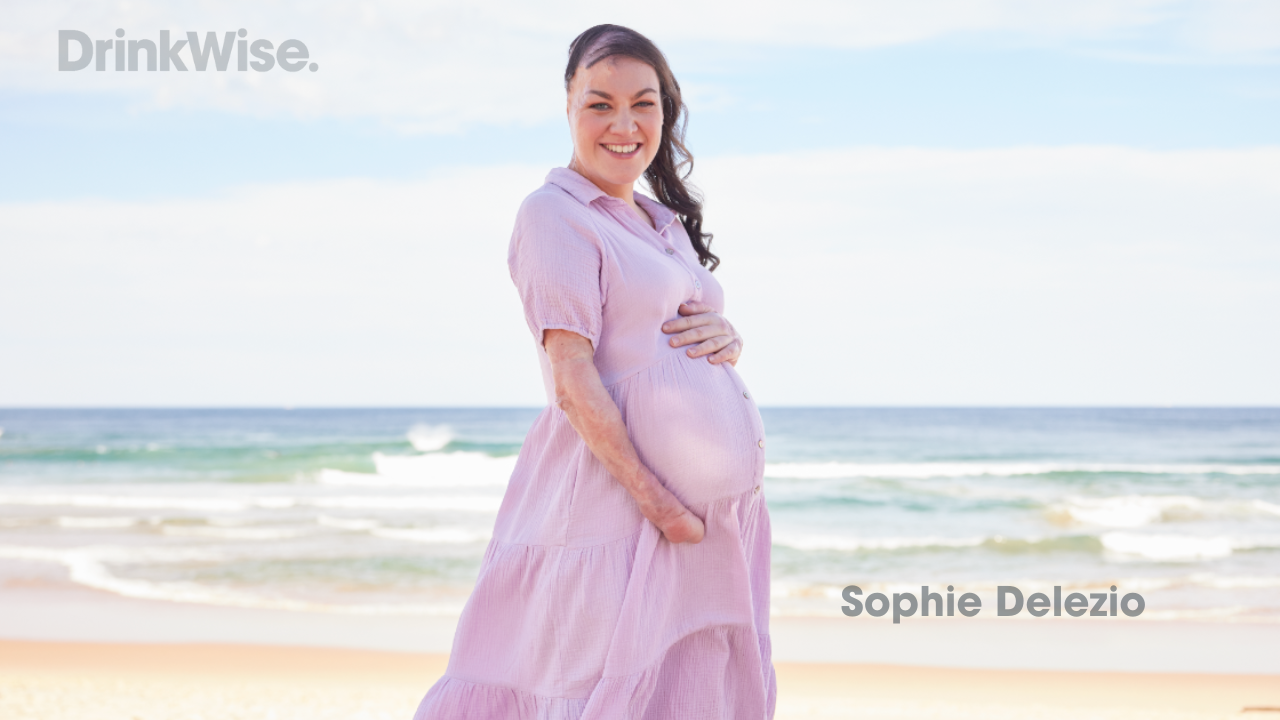
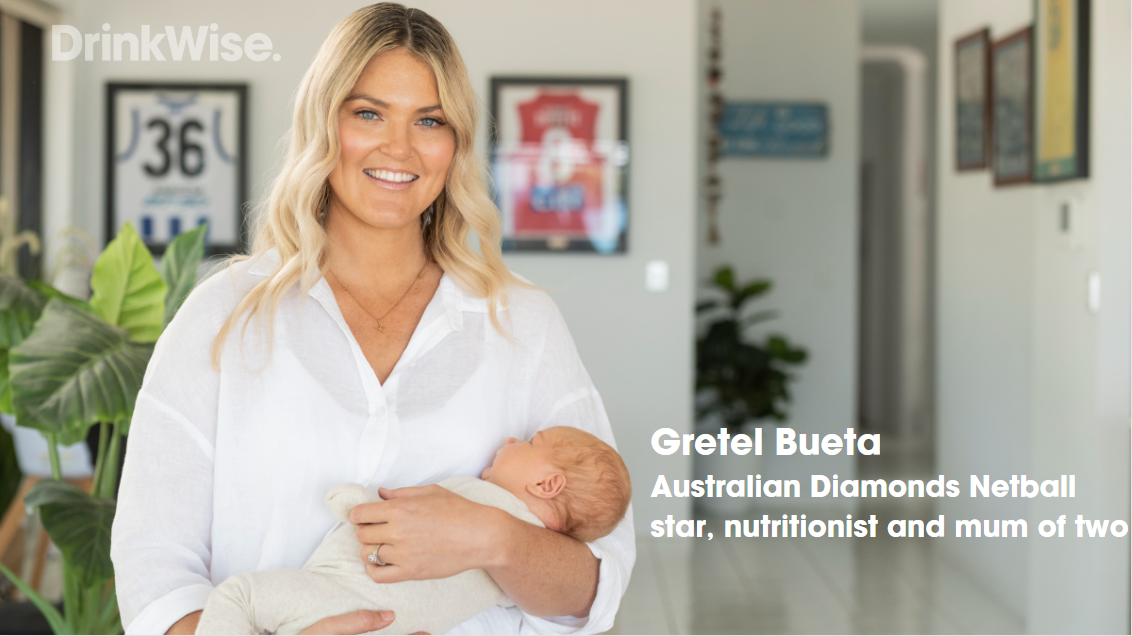

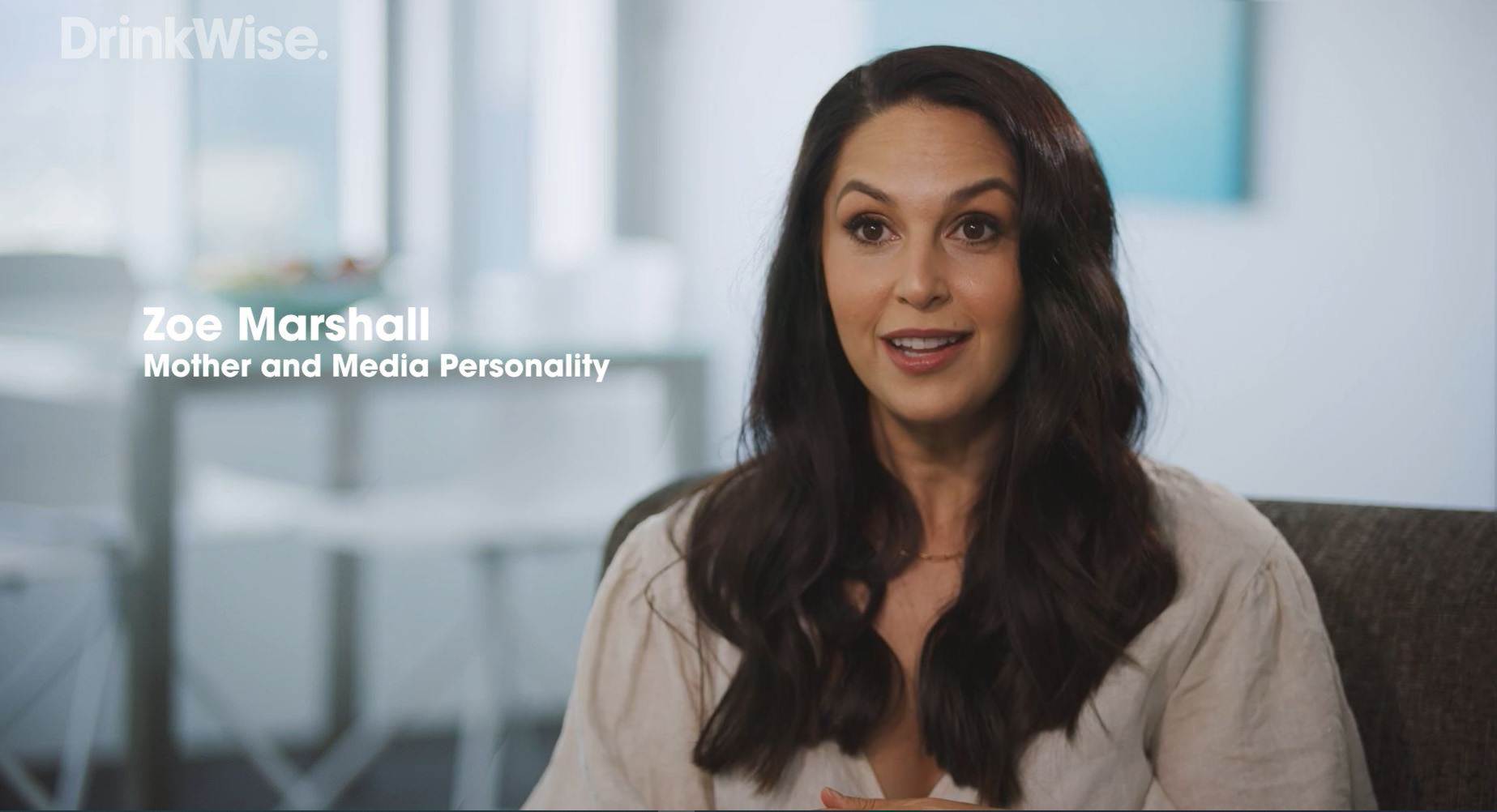
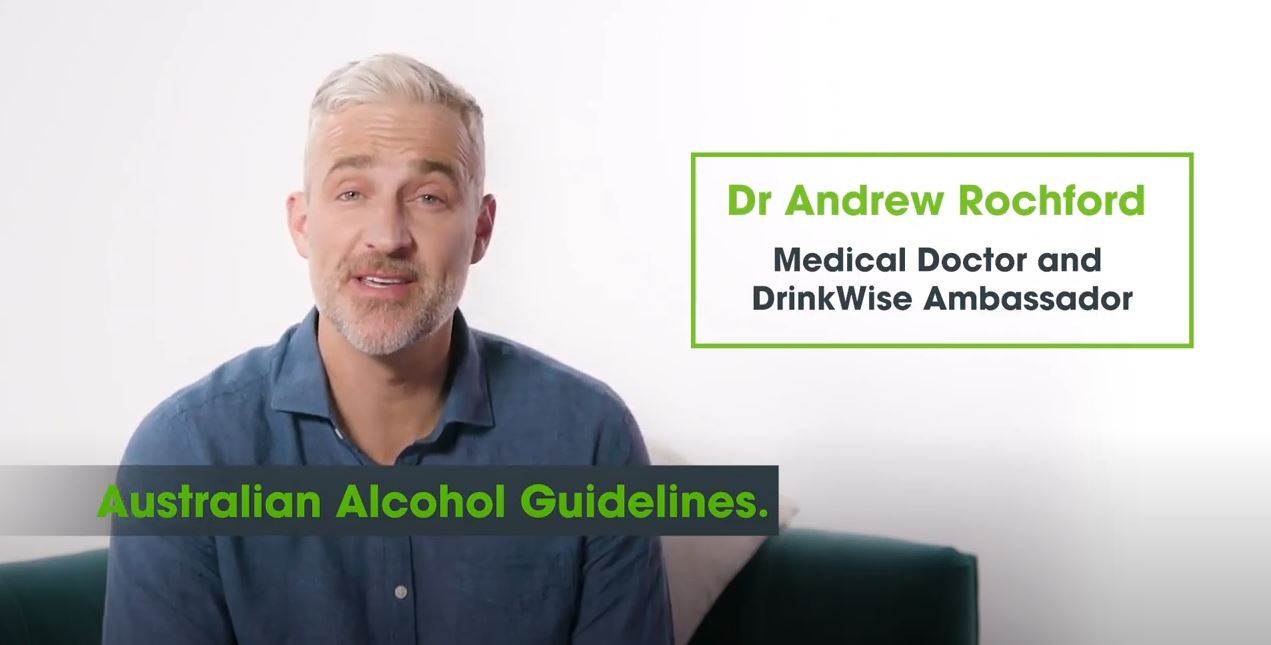
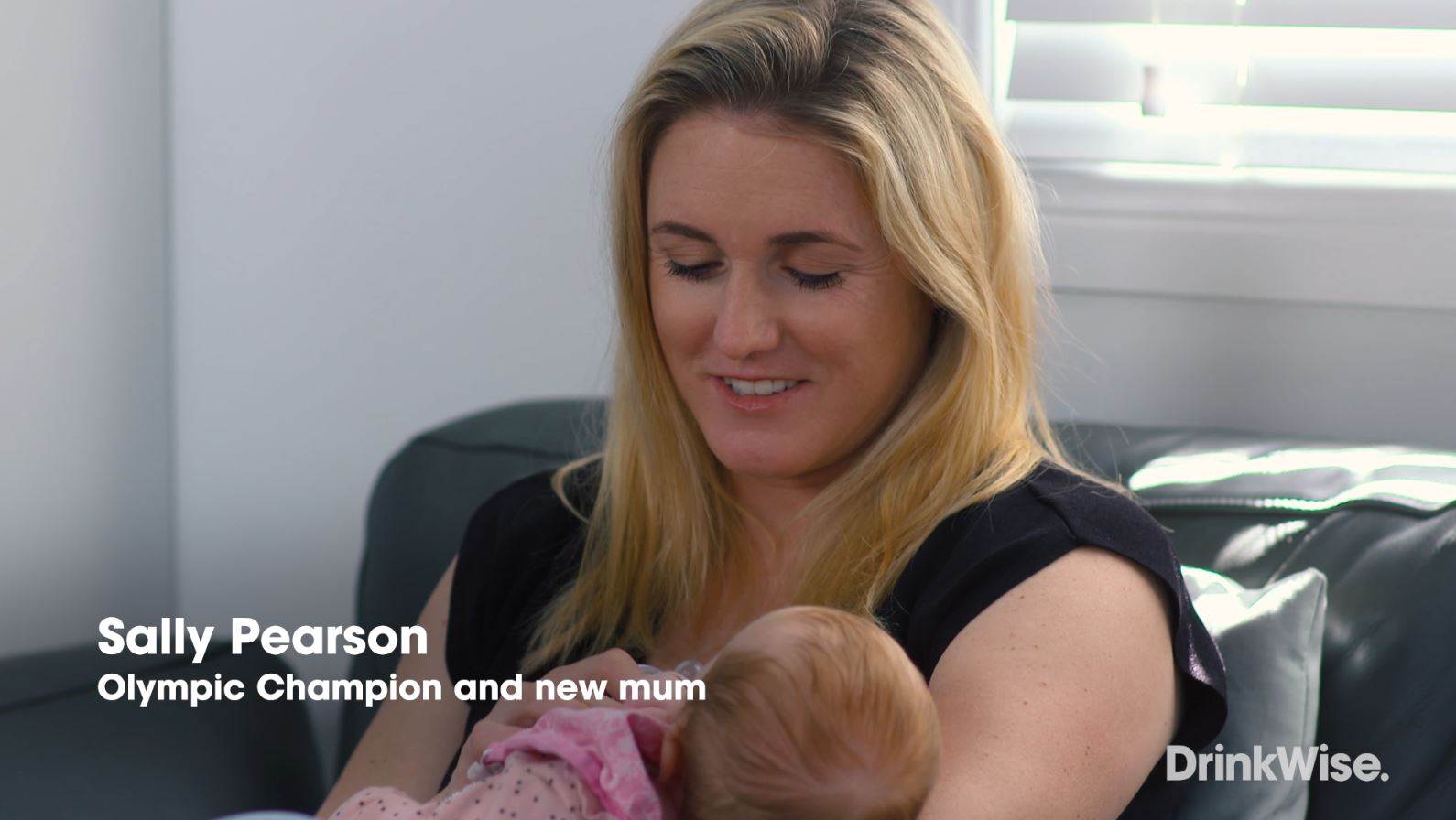
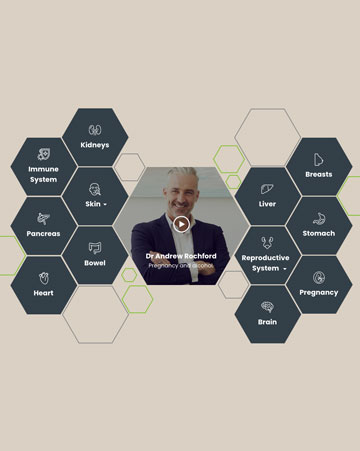

 Video
Video